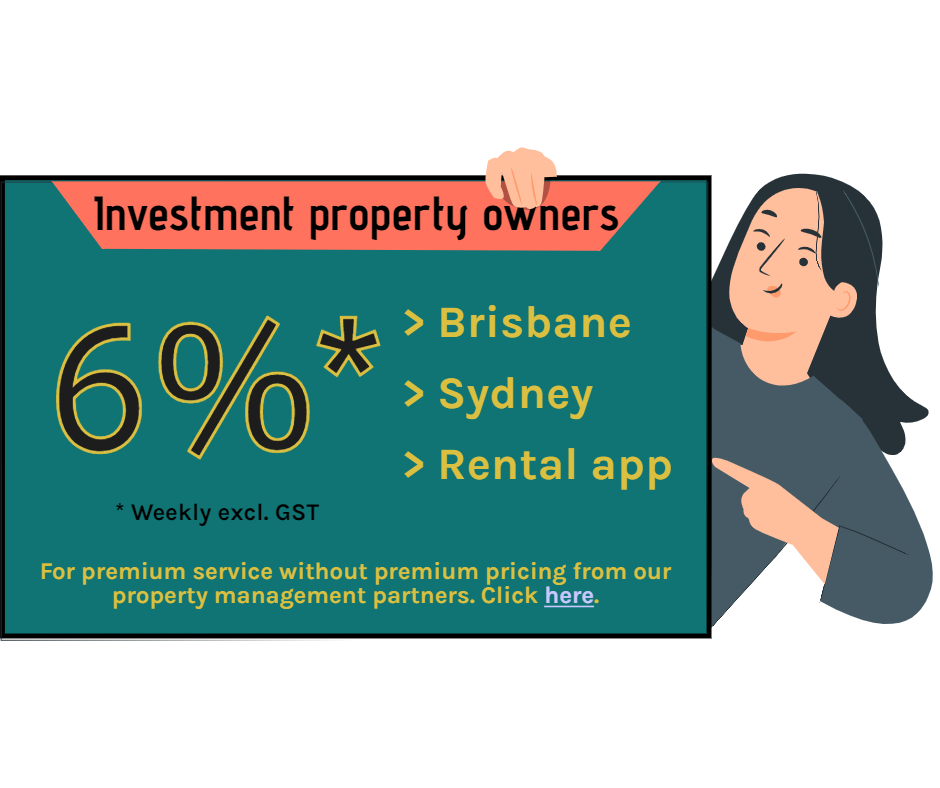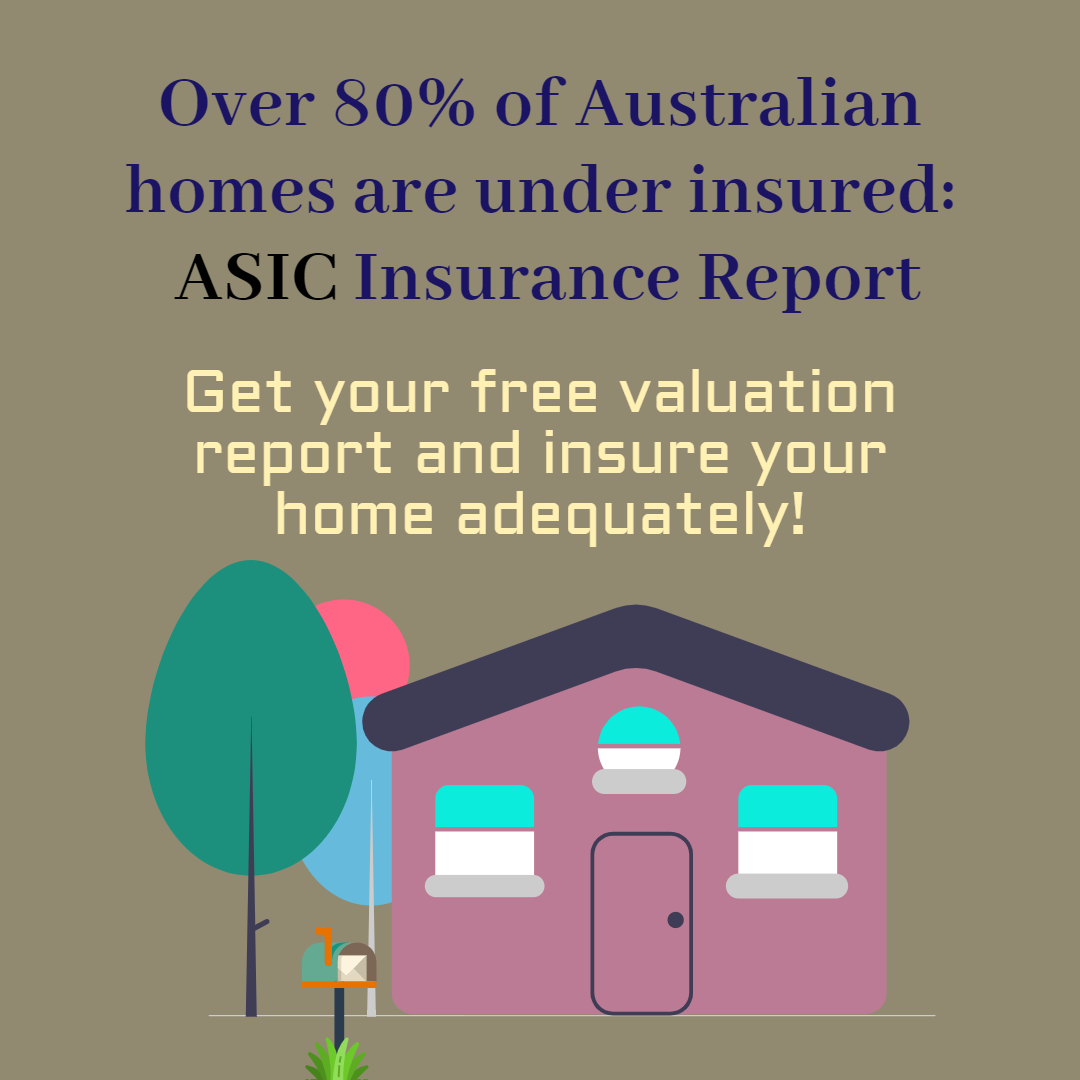Risk Management When You Have a Mortgage
Homeownership often begins with understanding how to manage the financial risks associated with having a mortgage and managing your household finance.
Effective risk management not only safeguards your assets but also ensures financial stability.
What Is Financial Risk Management?
Financial risk management is the process of identifying, analysing, and mitigating the risks that could negatively impact your financial health.
For homeowners, this involves a comprehensive approach that considers potential financial threats to their household finances and taking action to minimize the impact of such threat. Your objective here is ensuring long-term financial stability and peace of mind.
When you have a mortgage, risk management becomes crucial as your home is likely your most significant investment and primary asset.
The unexpected can always happen—job loss, natural disasters, illness, or death—and each of these scenarios can severely affect your ability to meet mortgage payments and maintain your lifestyle.
Types of Insurance Coverage You Should Have
Insurance plays a pivotal role in financial risk management for homeowners. Here are several types of insurance that are essential for managing risks associated with a mortgage:
Homeowners Insurance: This is the most fundamental coverage that protects your home and possessions from damage or loss due to theft, fire, storms, and other disasters. And in many cases, liability for injuries that may occur on your property.
Most lenders require you to have this insurance as a condition of your mortgage. It typically only covers the structure but contents insurance is also important, especially if you are in a strata property.
Life Insurance: Having a life insurance policy can be crucial when you have a mortgage. It ensures that your significant debts, like your home mortgage, are taken care of in the event of your death.
This type of planning provides peace of mind and financial stability for your family, allowing them to maintain their home and lifestyle in your absence.
Disability Insurance: This insurance type provides income protection if you become unable to work due to illness or injury. Disability insurance helps cover living expenses and meet mortgage payments during such challenging times.
Critical Illness or Trauma Insurance: While like disability insurance, critical illness coverage provides a lump sum payment if you are diagnosed with one of the specific critical illnesses listed in the policy—like cancer, stroke, or heart attack. This can help manage medical costs and mortgage payments, thereby protecting your home and savings.
Umbrella Insurance (Gap Cover): This is additional liability insurance that provides coverage beyond the limits of your homeowners and auto insurance policies. It can protect against large liability claims or judgments, keeping your assets, including your home, secure.
Effective risk management involves more than just purchasing insurance policies. It requires regular reviews of your coverage and financial situation, especially as your circumstances change—like a new child, a change in income, or nearing the pay-off of your mortgage.
Moreover, understanding the terms, conditions, and exclusions of your insurance policies ensures that you are adequately covered and aware of what is not covered.
Managing financial risks when you have a mortgage is vital for maintaining financial security and protecting your home.
By carefully selecting and integrating appropriate insurance products into your financial plan, you can shield yourself and your family from many of the financial shocks that life might throw your way.
Remember, the goal of risk management is not just to survive in the face of adversity but to thrive despite it.



